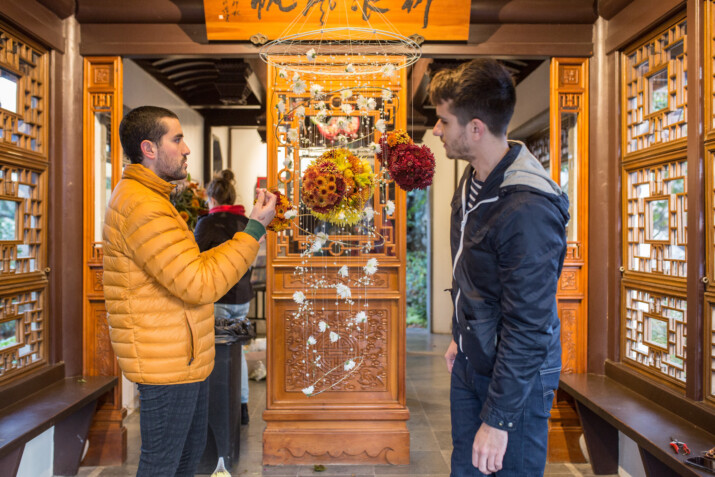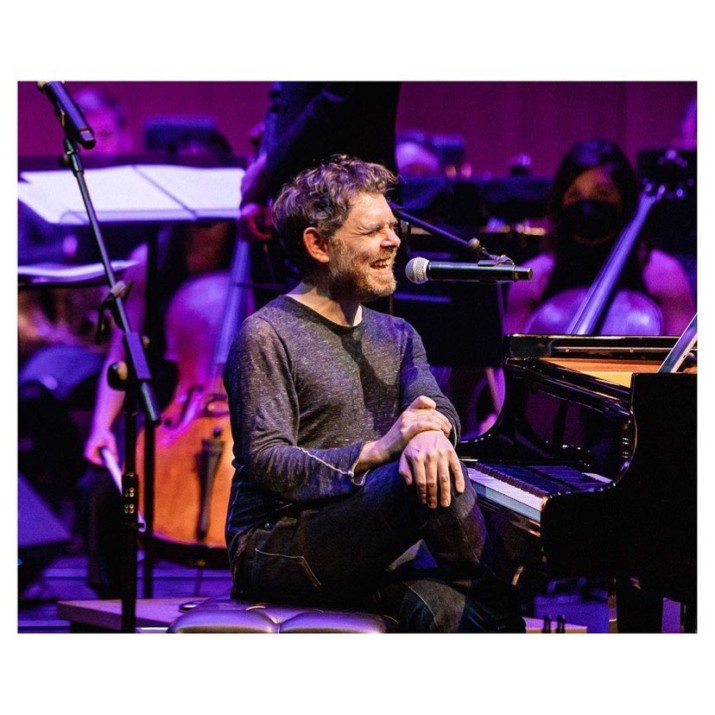Portland, OR. April 29th, 2013. Glen Gilbert has been named the new Executive Director of Cascade AIDS Project (CAP). He will officially begin his role on May 1, 2013. Gilbert brings 18 years of experience in nonprofit management to his new position. Gilbert said, “I am thrilled to be joining CAP. There has never been a more optimistic and hopeful time to be part of the HIV/AIDS movement. This war is not over but it is winnable.
After 30 years, we can finally envision a reality in which HIV and AIDS are no longer part of our daily lives, but only part of our history.”
Prior to joining CAP, Gilbert served as Executive Director of the Oregon Lions Sight & Hearing Foundation. In that role, he helped double revenues in three years, led a successful capital campaign, increased the agency’s endowment to $5 million, and successfully lobbied for legislation enabling used eyeglass distribution in Oregon. Gilbert has also served as a nonprofit management and executive transitions consultant to the Museum of Contemporary Craft and METRO; President and CEO of the Cascadia Region Green Building Council; President and CEO of the World Forestry Center and Museum; and Executive Director of the Berkeley Public Library Foundation. Gilbert lives in Portland with his wife Tori and children Marina and Matthew. He has been profiled in The Oregonian and The Seattle Times, and his writing has been published in The Boston Globe, and The San Francisco Examiner.
About Cascade AIDS Project
Incorporated in 1985, Cascade AIDS Project (CAP) is the oldest and largest AIDS Service Organization in Oregon and Southwest Washington. Our mission is to prevent HIV infections, support and empower people affected and infected by HIV/AIDS, and eliminate HIV/AIDS-related stigma. With a staff of 61, and a volunteer corps including nearly 800 individuals providing more than 29,000 hours of service each year, CAP manages a diverse array of programs and an annual budget of $6.1 million. Fifteen percent of CAP’s staff live with HIV, 25% identify from communities of color, and 30% are bilingual. Our
programs serve the broad and diverse set of communities impacted by HIV, from community-specific
Information submitted by Cascade AIDS Project















